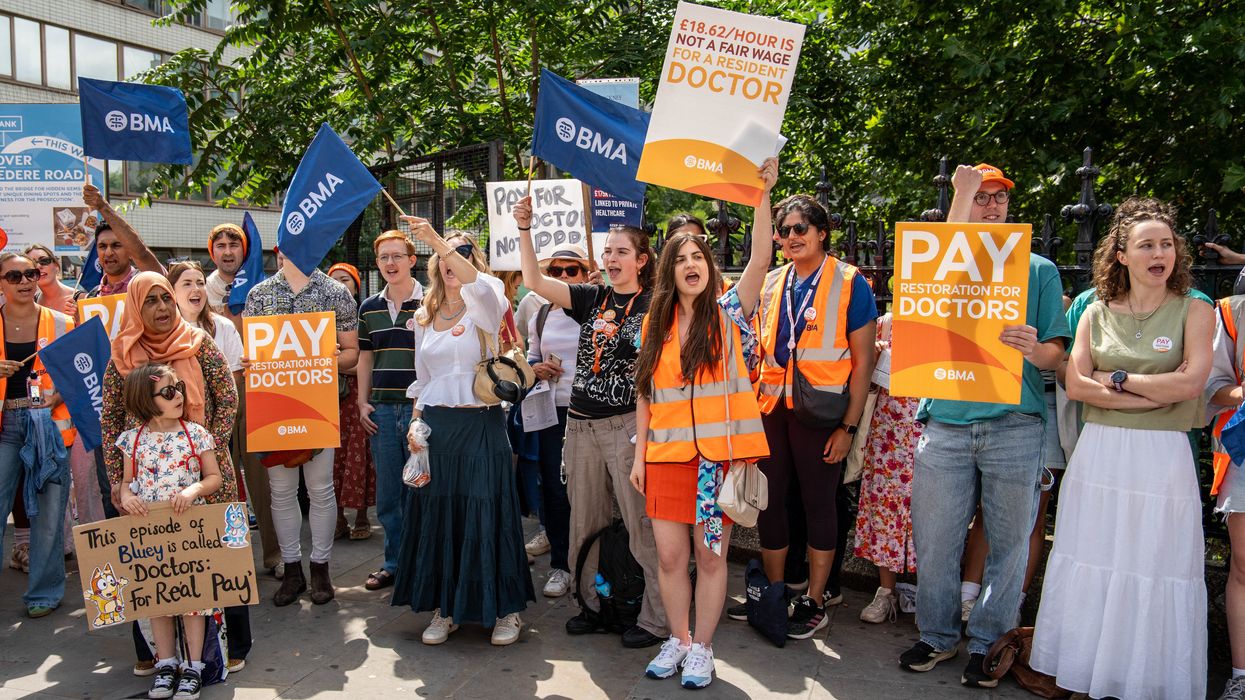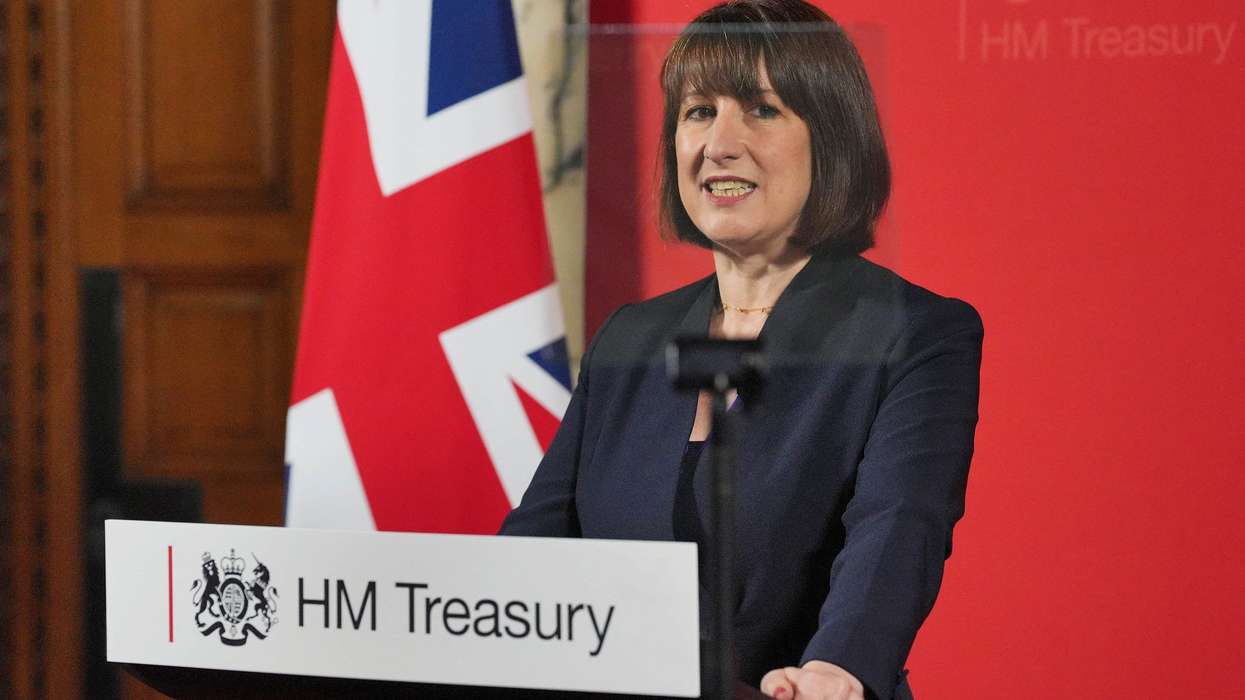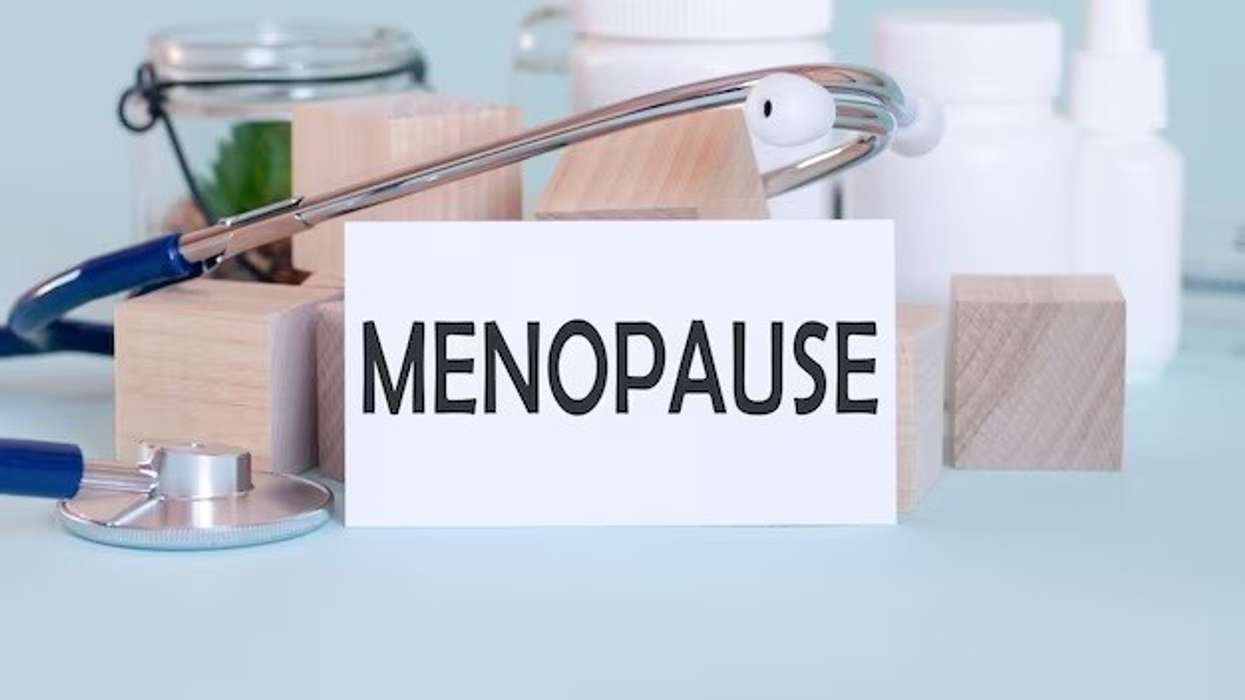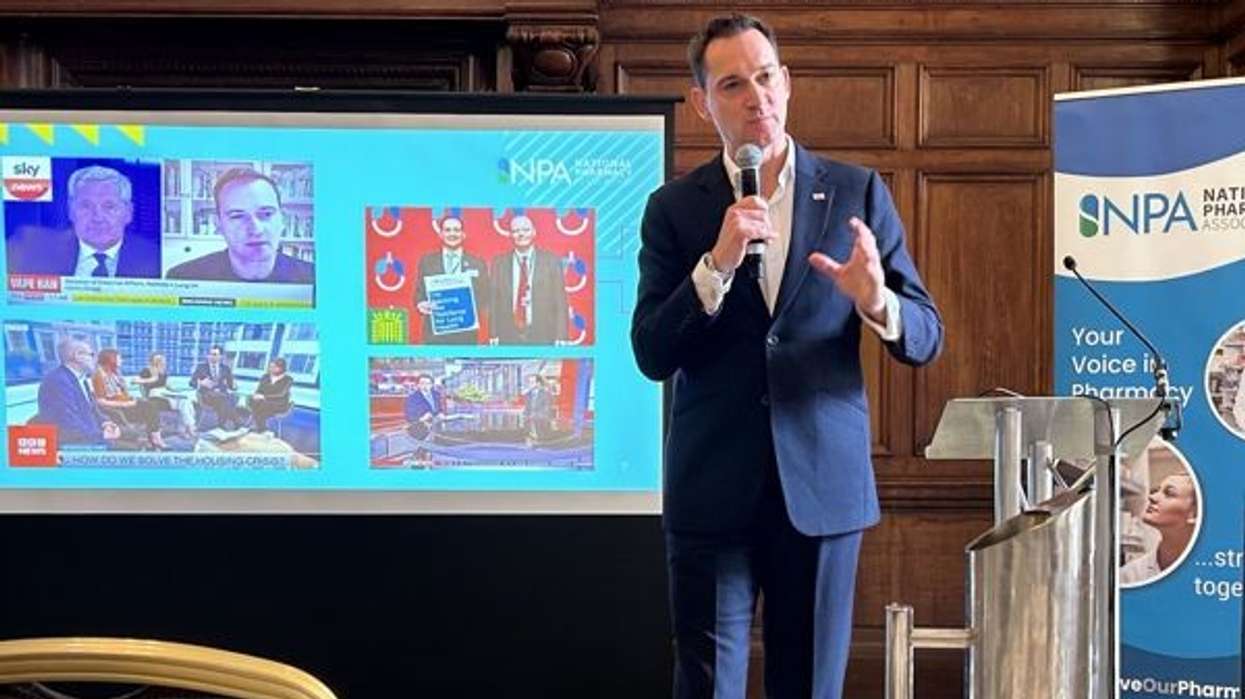Key summary
- Unlike during previous strikes, when the focus was on staffing emergency care, this time the NHS is striving to keep even the non-urgent services running
- Some hospitals are reporting that more than 80 percent of their non-urgent work is still being done
- The British Medical Association has agreed to some requests for doctors to come off picket lines and work in hospitals that are facing pressure
Amid the ongoing five-day strike by resident doctors in England, the NHS is facing a challenge in maintaining hospital services.
Unlike during previous strikes, when the focus was on staffing emergency care, this time the NHS is striving to keep even the non-urgent services running with senior doctors covering for the striking doctors.
Members of the public have been urged to come forward for NHS care in England during the walkout.
GP surgeries will remain open, and urgent care and A&E will continue to be available, alongside NHS 111, NHS England said.
Although official figures have not been released yet on the impact of the latest strike, some hospitals are reporting that more than 80 percent of their non-urgent work is still being done, according to the BBC.
During previous walkouts, there were mass cancellations of operations, appointments and treatments.
But this time, NHS England ordered hospitals to only cancel non-urgent work in exceptional circumstances.
Emergency calls
Meanwhile, the British Medical Association (BMA) has agreed to some requests for doctors to come off picket lines and work in hospitals that are facing pressure.
A doctor has been told to return to work at Nottingham City Hospital's neonatal intensive care unit over the weekend.
And the BMA has granted a request from Lewisham Hospital in south London for two anaesthetists to work on Saturday (26).
Lower turnout
Meanwhile, the picket lines in various cities are witnessing a lower number of doctors at than last year, The Guardian reports.
The BMA is refusing to comment on how many of its members have joined the stoppage.
Health secretary Wes Streeting has praised NHS staff for trying to limit the effects of the strike.
He criticised the BMA for its “reckless and unnecessary action”, but added that they won't be allowed to hold the country to ransom.
The strike by thousands of resident doctors, previously known as junior doctors, began on Friday (25) after the government and British Medical Association (BMA) failed to reach an agreement over pay.












